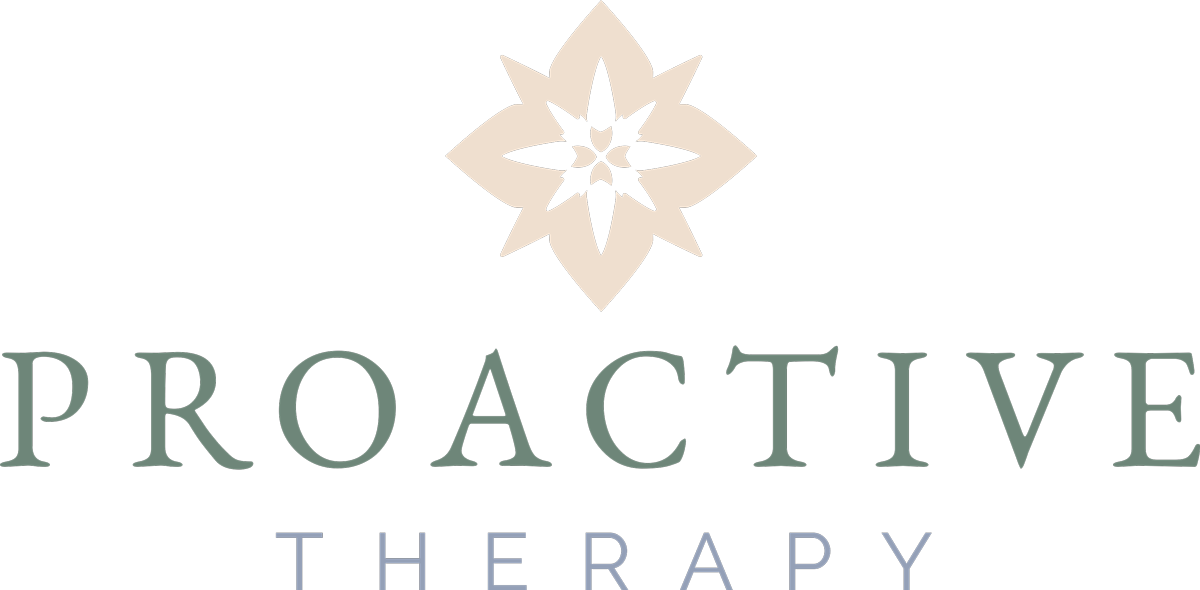One Year into Pandemic: How Dialectical Thinking Can Help
By Staff Therapist
As we settle into the one- year mark of the beginning of the COVID-19 pandemic, it often feels difficult to try to summarize this past year. We have experienced indescribable social isolation, heightened and persistent health preoccupation, and intense shifts to our daily work-life routines. For many of us (unless we are frontline healthcare or essential workers), our dining room tables or bedroom dressers have turned into at- home offices. While we previously may have navigated, and even slightly enjoyed, our old chaotic morning/evening commutes amid the comfort of mass public transit... we now may “commute” as a solo traveler from our bedroom down the hall to our at-home office. We have learned to adapt in countless ways.
Needless to say, all of this remarkable and continual adaptation leaves us emotionally exhausted. So many of our old habits and routines were transformed, or even removed. We may feel as though we’re on a perpetual emotional rollercoaster, as we try to make space for the variety of emotions that we’re experiencing each day.
How do we continue to cope today, when everyday can still look so similar from 12 months ago, and yet, we may now also hold a new yearning for the light at the end of this pandemic tunnel? There’s an interesting mixture of emotions right now--so much that feels old, and also a new glimmer of hope for what is to come on the horizon. It’s a wonderful time to think about dialectical thinking.
Dialectical thinking is a foundational concept of Dialectical Behavior Therapy (DBT), a “third-wave” behavioral therapy created by Marsha Linehan that focuses on acceptance and mindfulness strategies. At its core, dialectical thinking is the idea that we can hold contrasting emotions or beliefs at the exact same time. Despite the perception that these emotions or beliefs may SEEM to be in opposition, we can validate each and allow them to co-exist. We do not need to “pick” one over the other. It seems rather simple in theory, right? But, the practice of this may not always feel so natural or comfortable, and here’s why.
Inherent to being human, we love certainty and a sense of control over our lives. When things are clear and predictable, we feel safe. However, there are many times (especially during this pandemic), when we cannot predict what is to come. And so, a sense of uncertainty becomes our new normal. Uncertainty often sparks a multitude of emotions, interpretations, and “What if’s”. As we try to hold space for a variety of conflicting emotions, such as feeling hope for a return to some normalcy, and also feeling anxious for how to adjust back to our work commutes, social engagements, and “old routines”... we can practice dialectical thinking to make space for these emotions to co-exist.
Dialectical thinking also allows us to find more balance and clarity as we move about our days. Instead of the pressure to validate “just one emotion” or “just one interpretation” (such as anxiety OR hope), with dialectical thinking, we can find a synthesis of the two. Think of dialectical thinking like your personal mental and emotional playground see-saw. Let’s say anxiety is on one end and hope is on the other-- instead of leaning too far into one and getting stuck on the ground, by validating both at the same time, and by bouncing from one to the other continuously, we can allow both to guide us. In this way, we can stay up in the air with more flexibility. We can continue to honor and learn from the variety of emotions that we feel.
